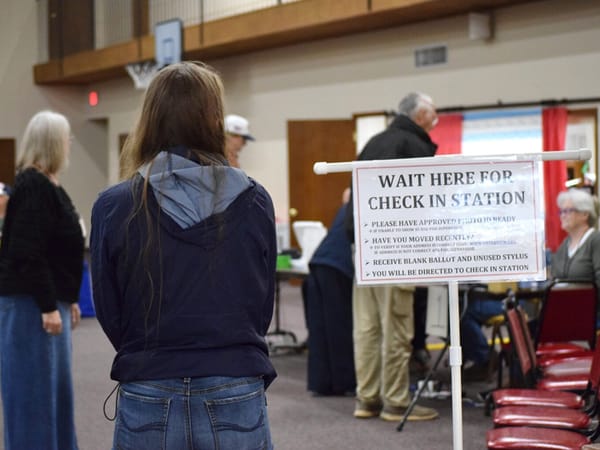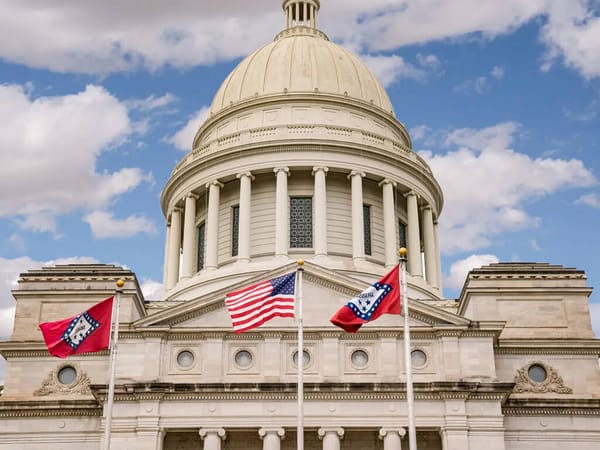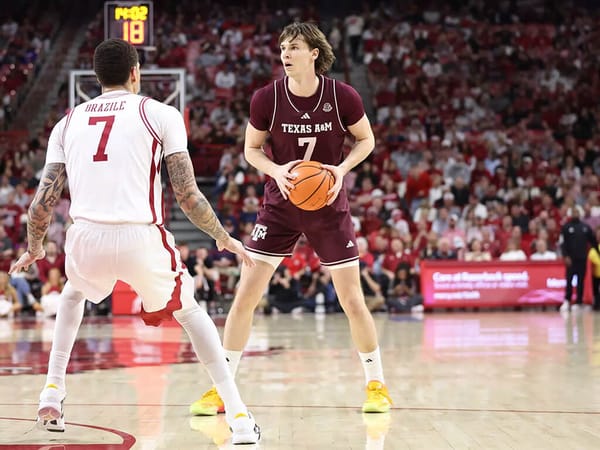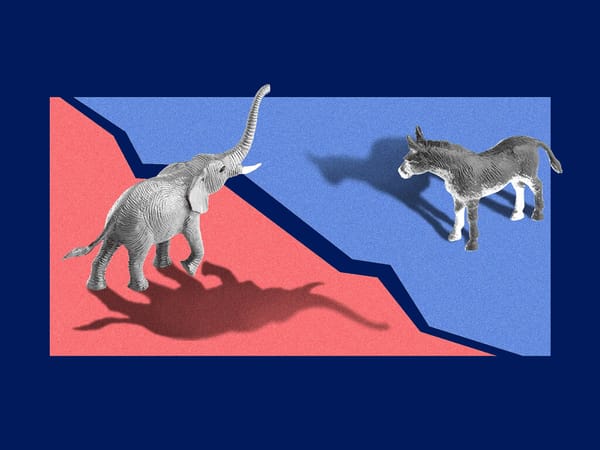Delayed Representation: The Growing Rift Over Arkansas’s Senate District 26 Election
Bipartisan opposition grows and a lawsuit challenges Governor Sanders’ decision to delay the Arkansas Senate District 26 election.
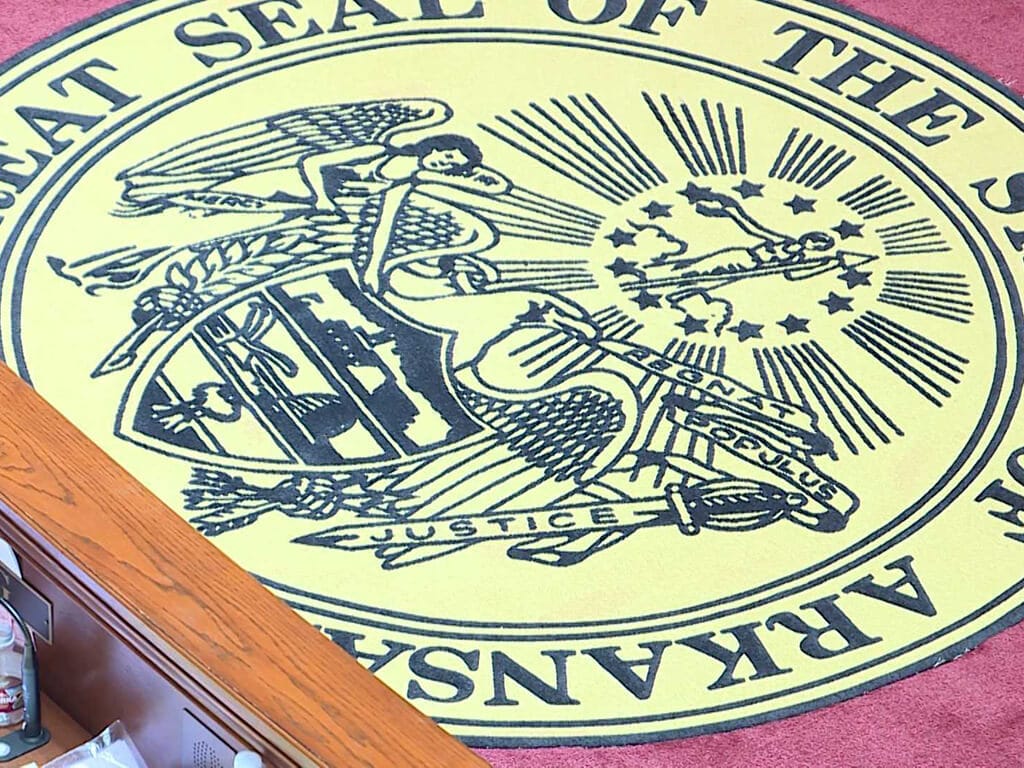
The dispute over the election date for Arkansas Senate District 26, following the death of senior Republican leader Gary Stubblefield, continues to intensify as opposition grows to Governor Sarah Huckabee Sanders’ decision to delay the vote. Critics argue the delay could leave the seat vacant for nearly a year, potentially conflicting with state law, which requires a special election within 150 days of a vacancy.
Originally, Sanders’ plan would have kept the seat empty for about 15 months, but it was later revised to roughly 10 months. Despite the adjustment, many, including prospective candidates, relatives of the late senator, and local residents, remain frustrated and confused.
The Unconvinced Delay
Opponents say that Sanders’ decision is unconvincing. Arkansas law requires governors to call a special election to fill a vacant legislative seat within 150 days, unless doing so is considered impractical or overly burdensome. By that standard, January 30, 2026, would mark 150 days from Stubblefield’s death, while February 12, 2026, would mark 150 days from Sanders’ official declaration of the vacancy. The petition asks the court to require the election by December 9, 2025.
The special election is currently scheduled for June 9, 2026, which is 279 days after Stubblefield’s death. The original plan would have held the election on November 3, 2026, or 436 days after the vacancy occurred. Notably, no Arkansas special election since 2011 has gone more than four to five weeks past the 150-day limit.
Some critics argue that keeping the seat vacant could allow Sanders to influence upcoming policy debates, including a controversial prison project in the district that has already faced allegations of corruption.
District 26 includes parts of Franklin County, where the state has proposed building a new prison with an estimated cost of $825 million. During the upcoming fiscal session, lawmakers are expected to vote on appropriations for the project. Many residents living near the proposed site oppose the plan, and funding for the facility failed five times during the 2025 legislative session. The late Senator Stubblefield was a vocal critic of the prison proposal, and some observers suggest Sanders may prefer not to have another opponent from the prison site.
The Delay Moves to Court
As political criticism continues to mount, a legal challenge has been filed to revise the June election schedule. Colt Shelby, a Franklin County resident from Cecil, submitted a petition Monday asking the court to move the special election to replace the late Senator Gary Stubblefield up by six months. The lawsuit, filed in Pulaski County Circuit Court by attorney Jennifer Waymack Standerfer, contends that the current election timeline deprives District 26 voters of representation during the 2026 fiscal session.
The complaint requests an injunction and a ruling that the vacant Senate seat must be filled within 150 days of Stubblefield’s death. It also asks the court to hold a hearing within seven days. Pulaski County Circuit Court Judge Patricia James has been assigned to the case. Governor Sanders and Secretary of State Cole Jester are named as defendants.
The complaint states that the General Assembly will convene and begin the 2026 Fiscal Session on April 8, 2026, to decide how to allocate billions in taxpayer funds and set the state budget for the upcoming fiscal year. It argues that the governor’s current election schedule denies Senate District 26 residents representation during this important session.
Sanders Defends the Election Schedule
Governor Sanders announced on September 26 that she had scheduled the special election to align with next year’s midterm elections in order to save taxpayer money, streamline the process, and boost voter turnout. A spokesperson for Sanders explained that after consulting with election officials, the governor decided that holding the primary for District 26 on the statewide primary date and holding the special election on the soonest possible date afterward would save taxpayer dollars and ensure a free, fair, and secure election.
The special primary election is now set to coincide with the midterm primaries on March 31, 2025. According to the Secretary of State’s office, combining part of the election with the regular midterms would save roughly $20,000 and could have saved between $41,000 and $55,000 if the original November 2026 date had remained.
While the matter has reached the courts, state officials remain resolute, with Secretary of State Cole Jester stating that they look forward to a full victory.
Bipartisan Criticism
Although Democratic criticism was anticipated, some of the strongest objections have come from within the Republican Party. Governor Sanders has faced pushback from Amber Sullivan, Stubblefield’s daughter; Senator Bryan King of Green Forest; Republican candidates seeking to fill the seat; and opponents of the Franklin County prison project.
They argue that the governor is undermining the voting rights of district residents. Colt Shelby emphasized that the issue extends beyond the prison vote, noting that District 26 voters deserve representation on other important matters, including school voucher funding and childcare programs. He added that the seat should be filled before the budget session begins and pointed out that all declared candidates are prepared to run earlier, as they have informed the court.
Adam Watson, director of Gravel and Grit and a vocal opponent of the Franklin County prison project, voiced support for Shelby’s lawsuit. He characterized the governor’s actions regarding the prison, a potential ICE facility, and the district’s right to representation as creating a dangerous precedent for governance by executive authority if left unchecked.
The expected savings from holding the election alongside the midterms may not ease the political controversy over Sanders’ decision to delay the vote.


